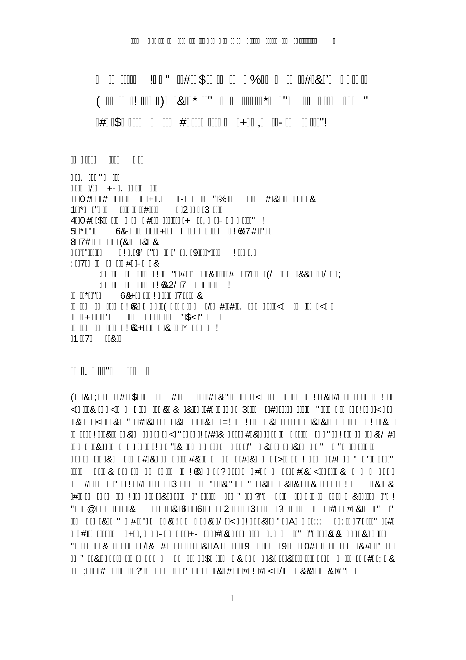Scientology and the European Human Rights Debate: A Reply to Leisa Goodman, J. Gordon Melton, and the European Rehabilitation Project Force Study
At stake in the European human rights debate over Scientology is the legitimacy of various governmental responses to the organization that limit, and potentially prevent, its activities and those of its members. By any means, at all costs, Scientology must portray itself as an aggrieved party whose...
Sábháilte in:
| Foilsithe in: | Marburg Journal of Religion |
|---|---|
| Príomhchruthaitheoir: | |
| Formáid: | Artikel (Zeitschrift) |
| Teanga: | Béarla |
| Foilsithe / Cruthaithe: |
Philipps-Universität Marburg
2003
|
| Rochtain ar líne: | Rochtain ar líne |
| Clibeanna: |
Cuir clib leis
Níl clibeanna ann, Bí ar an gcéad duine le clib a chur leis an taifead seo!
|
| Achoimre: | At stake in the European human rights debate over Scientology is the legitimacy of various governmental responses to the organization that limit, and potentially prevent, its activities and those of its members. By any means, at all costs, Scientology must portray itself as an aggrieved party whose rights are being trampled by officials who are fostering bigotry, discrimination, rabid secularism, and denominational protectionism of historic faiths. Seen in this context, my lengthy and detailed publications about Scientology's near-certain human rights violations cannot go unchallenged by the organization and its defenders. Most serious are my conclusions that Scientology operates a forced labour and re-education program against reputedly delinquent members of its 'elite' Sea Org(anization)-a program that has included teenagers and children as young as twelve years old (Kent 1999c: 9). Called the Rehabilitation Project Force (RPF), this program, I concluded,fits social scientific definitions of brainwashing efforts (Kent 2000; 2001a; b). The program should be (and is) of particular concern for Europeans because its totalitarian nature harkens back to other anti-democratic ideologies that they have witnessed firsthand. |
|---|---|
| DOI: | 10.17192/mjr.2003.8.3725 |
 Publikationsserver
Publikationsserver